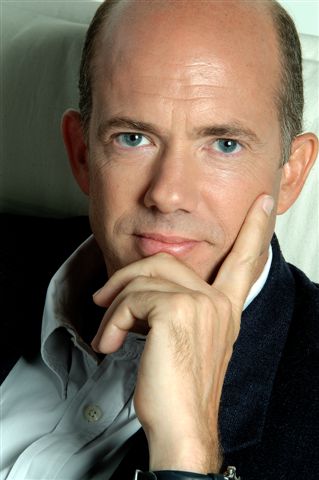Measuring Corruption: "The Economist looks at some of the ways economists measure corruption:
Digging for dirt, Economics Focus, The Economist: Corruption ... is not easy to measure. Vast amounts of money flow through public hands. How much is diverted into private pockets? ... Fortunately, a growing number of economists, not least at the bank, are turning to the tricky task of quantifying corruption. ...
Some of the biggest ... were attracted to Iraq's oil-for-food programme, which ran from 1997 to early 2003. Under the scheme's original terms, Iraq sold its oil to whomever it chose... The proceeds ($64 billion in 2000 dollars) were paid into an escrow account and spent largely on food and medicines, under UN supervision. American intelligence officials estimate that Iraq received $230m-240m in bribes from those eager to buy its oil. Economic intelligence, as applied by Chang-Tai Hsieh and Enrico Moretti, of the University of California, Berkeley, suggests that it got far more. As they point out, Iraqi oil, such as Basra Light, is a close substitute for Arabian Light. Before UN sanctions, there was no systematic price difference between the two. But in 1997-98, Basra Light fetched $2 a barrel less; in 2000-01, the gap was more than $5. Bidders would be happy to offer bribes, kickbacks and political favours to secure oil this chea"
Σάββατο, Μαρτίου 18, 2006
Εγγραφή σε:
Σχόλια ανάρτησης (Atom)

Δεν υπάρχουν σχόλια:
Δημοσίευση σχολίου